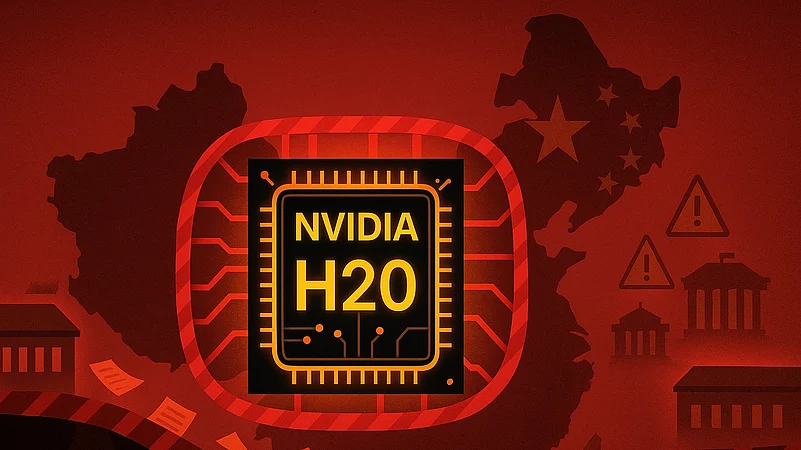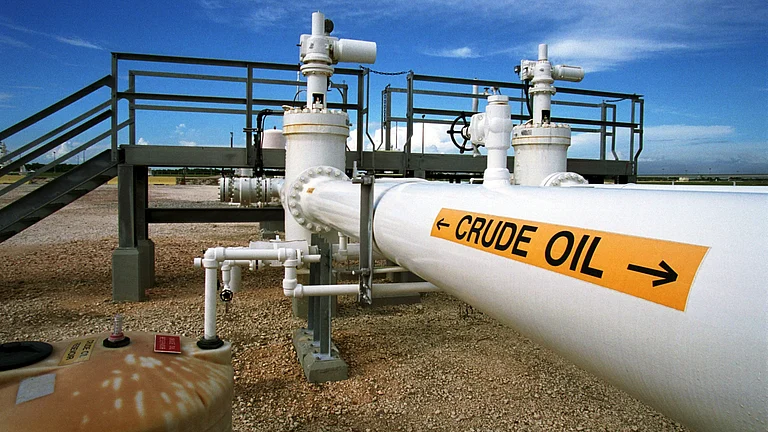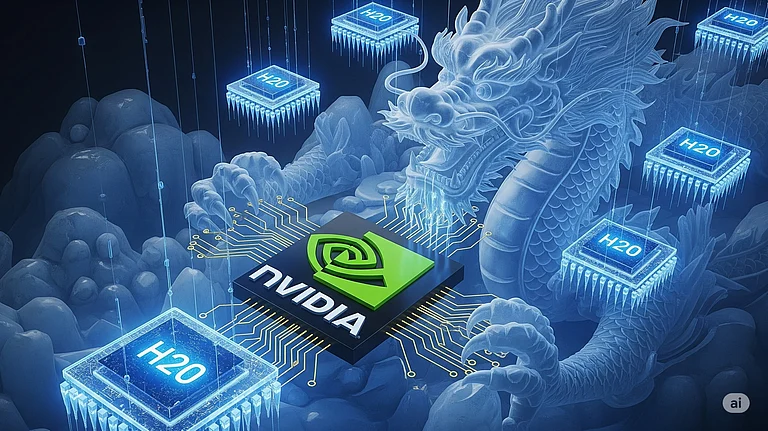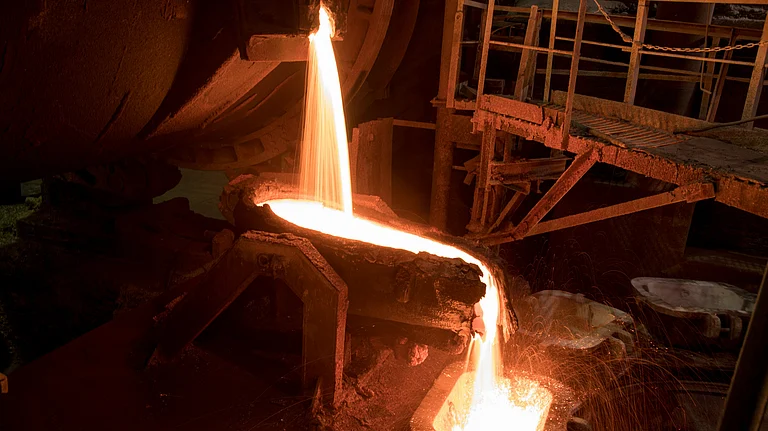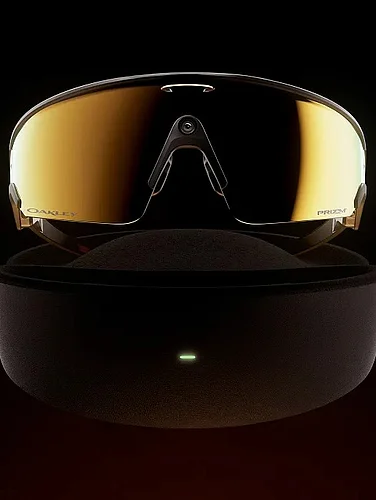
Nvidia pauses H20 production, notifying suppliers Amkor, Samsung and Foxconn
China regulatory scrutiny and geopolitics triggered supply-chain recalibration and reputational risk
Nvidia will run down inventory and pursue China-specific chips such as the B30A
Suppliers face halted lines; approvals and China market acceptance remain uncertain
Nvidia has instructed some suppliers to pause production of its H20 AI accelerator amid a mounting regulatory and geopolitical pushback that is reshaping the chipmaker’s supply chain, The Information reported on Thursday.
The company told packaging and memory suppliers this week to suspend work on H20 units, after Chinese authorities publicly questioned purchases of the chip and US–China tensions introduced fresh uncertainty into sales to the world’s second-largest market.
Nvidia notified Arizona-based Amkor Technology, which handles advanced packaging, and alerted Samsung Electronics, a supplier of high-bandwidth memory used in the H20, that H20-related production should be suspended.
Reports also said Foxconn was asked to stop work on the model and that Nvidia plans to work through existing inventory before placing new orders.
Nvidia said it “constantly manages our supply chain to address market conditions,” adding the H20 “is not a military product or for government infrastructure.”
Chinese regulators recently summoned major domestic technology companies, including Tencent and ByteDance, to question H20 purchases and voice concerns about information security risks, creating reputational pressure on buyers and suppliers in China. State media and cyberspace authorities have raised similar alarms in recent weeks.
CEO Activity & New-Chip Work
Nvidia CEO Jensen Huang visited Taipei this week to meet TSMC executives as Nvidia navigates the geopolitical distress around AI chips.
Nvidia is also reported to be developing successor chips for China, including a B30A design based on its Blackwell architecture; Huang said Nvidia is “in dialogue” with the US government about potential China shipments and that final approval is not the company’s decision.
Nvidia only obtained permission in July to resume sales of the H20 after earlier export restrictions were imposed in 2023 and a forced halt in April. Washington has recently relaxed some export limits, part of a negotiated framework under which Nvidia and AMD agreed the US government would receive a share of certain China sales, but approvals and market acceptance remain fragile.
Shortly after July’s greenlight, Nvidia ordered hundreds of thousands of H20 units from TSMC to meet strong demand in China, Reuters and other outlets reported; the new supplier pause suggests Nvidia is recalibrating to evolving market and political signals.
Market & Strategic Implications
The suspension underscores how export controls, national security reviews and state pressure on buyers can quickly ripple through complex chip supply chains, affecting foundries, packagers, memory vendors and contract manufacturers. For Nvidia, it risks slowing China sales at a time when that market represents a significant revenue pool, even as the company explores tailored, lower-spec products for the region.
For suppliers like Amkor, Samsung and Foxconn, the disruption could mean halted lines and inventory reshuffling; for Chinese buyers, increased regulatory scrutiny may chill procurement decisions.
Nvidia said it is managing inventory and supply “to address market conditions.” The key open questions are whether US authorities will approve more advanced China-targeted chips (including the reported B30A), how Chinese regulators and state media narratives evolve and whether major domestic buyers will proceed with purchases under the heightened scrutiny.







